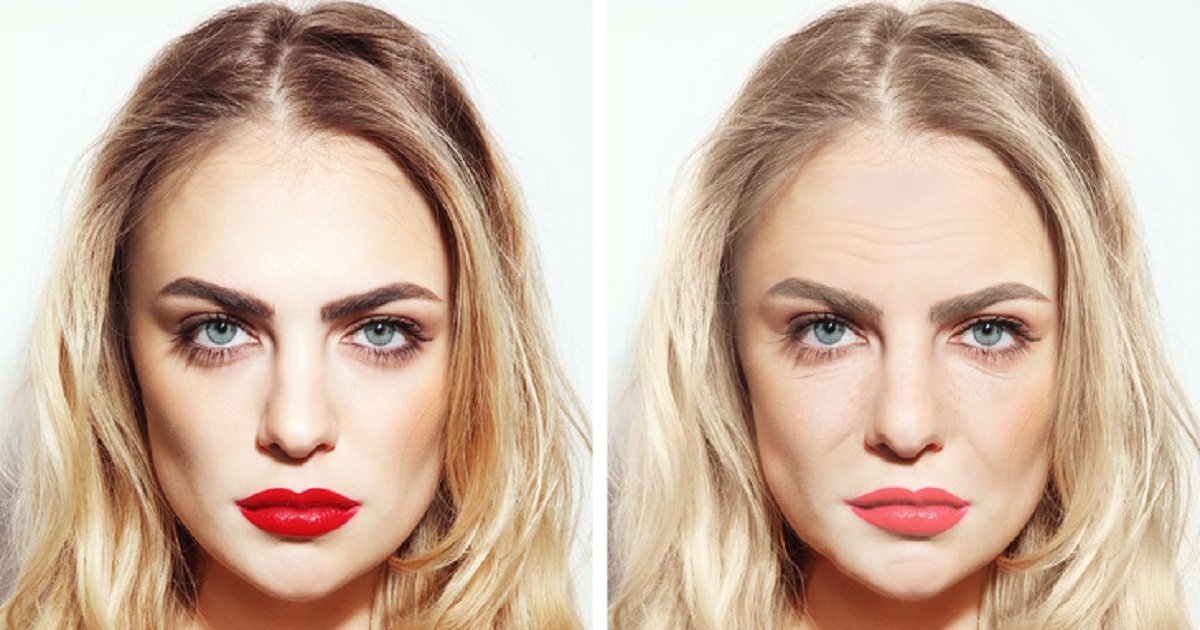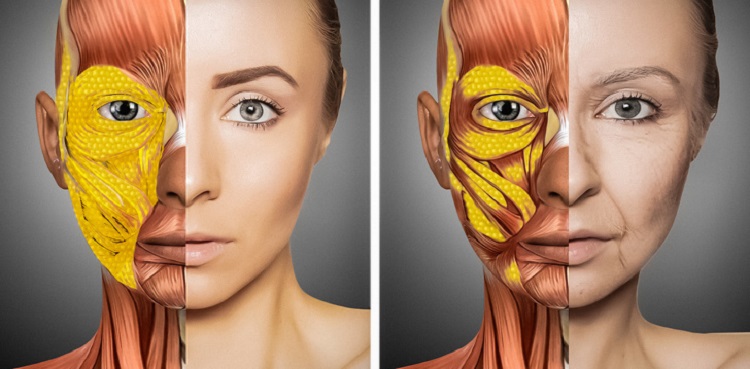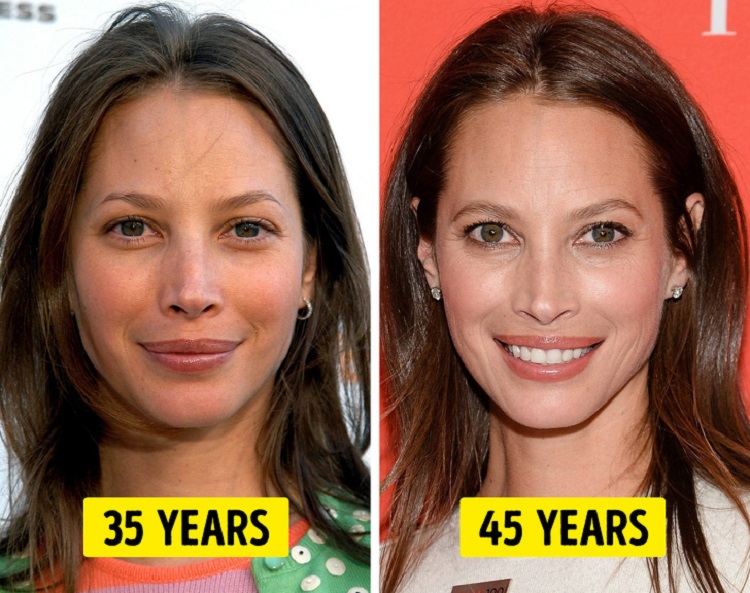Most of us already know by now that age is not just a number.
There are real physical changes that come with age and that’s why there’s a multi-billion dollar industry catered towards those who want to reduce the effects of aging.
Others go to cosmetic care clinics while others also supplement this with nutrients. We’ve all heard how good hyaluronic acid and vitamins C and E are. Supplying the body with enough collagen and elastin as well as using sunscreen and eating healthy food are also thought to benefit our skin.
However, we should also factor in the effects of bone mass and hormonal background changes as we age.
With the passage of time, our skin becomes less elastic. That’s when eye patches, creams, mesotherapy, and other similar procedures come in. But wrinkles are not just skin deep. It also involves soft tissues, fat deposits, and bone resorption in the skull. By also understanding these factors, we can better slow down the effects of aging.
Bone resorption refers to the gradual destruction of bone tissue. While our bones constantly repair themselves, after 35-40 years the repair process cannot keep up with the deterioration.
Our skeleton grows roughly 10% bigger but also becomes more fragile the older we get. For example, pelvic bones grow for up to 25-30 years but after 40, the pelvis becomes narrower and narrower.
Bone resorption in the skull results in:
- facial height reduction (also as a result of losing a tooth/teeth)
- bony prominences becoming coarse
- bony orbits changing shape and becoming bigger
- wider lower jawbones
- a bigger nose with the tip drooping due to bone changes
The nasolabial folds also deepen with age due to changes in the jawbone. While this is also connected with lessening skin elasticity and changes in the soft tissues under the skin, it’s largely connected with the state of health of the teeth.
Apart from that, the orbital bone around our eyes, particularly the outer and inner corners, also get bigger. This is why old people’s eyebrows look raised and crow’s feet occur.
People have naturally turned to facelifts to reduce the signs of aging on the face. But as technology has progressed, researchers have better come to understand how facial skeleton changes and which portions are more prone to resorption. Thus more focus has been put on correcting the skeletal framework.
Its primary goals are:
- slowing down the process of resorption
- eliminating factors that accelerate bone destruction
So don’t fall for those who promise to make your skin look like it was 15 to 20 years ago in one procedure. You need to rely on experts who are familiar with how the face ages and how to take restorative steps without damaging your health.
If you want to slow down the aging process, you need to slow down the process of skin aging and the progression of bone resorption in the skull.
In young people, the skin is smooth because of the collagen and elastin. Facial fat is also distributed evenly. But as we grow older, the skin loses collagen and the fatty layer also loses its volume. This is why skin sags.
To slow the aging process, focus on your eating patterns. The American Academy of Dermatology advises eating less sugar and to consume more fruits and vegetables because they prevent cell damage.
Instead of scrubbing and aggressive masks, just moisturize the skin. Also, don’t squint as squinting makes your wrinkles deeper.
Experts from Harvard Medical School also recommend using lotions with an SPF to protect your skin from the sun, wind, and cold.
To slow down the process of bone destruction, take care of your hormones. For instance, thyroid hormones speed up resorption while estrogen slows it down. While vitamin D is useful, using it to excess an affect the bones. Consult with an endocrinologist to find the right balance.
Avoid Botox injections because these will just speed up bone destruction.
Take care of your teeth because if even one tooth is missing, jaw deformation speeds up and will affect the way it looks. The lips might look thinner than they really are, nasolabial folds might look deeper, and the face can look more round. This is why people with dental prosthesis have a smaller lower jaw. It may lose 60% of its size in 10 years. However, having implants that replace the root of a tooth can help avoid this from happening.
It’s clear now that while caring for the skin is important, our faces also change from the inside as well. By understanding these other factors, you can avoid getting useless procedures that may do you more harm than good.
Recommended Video!
“This Girl’s makeup transformation is Beyond your imagination, AND she is turning into American Celebrities”





